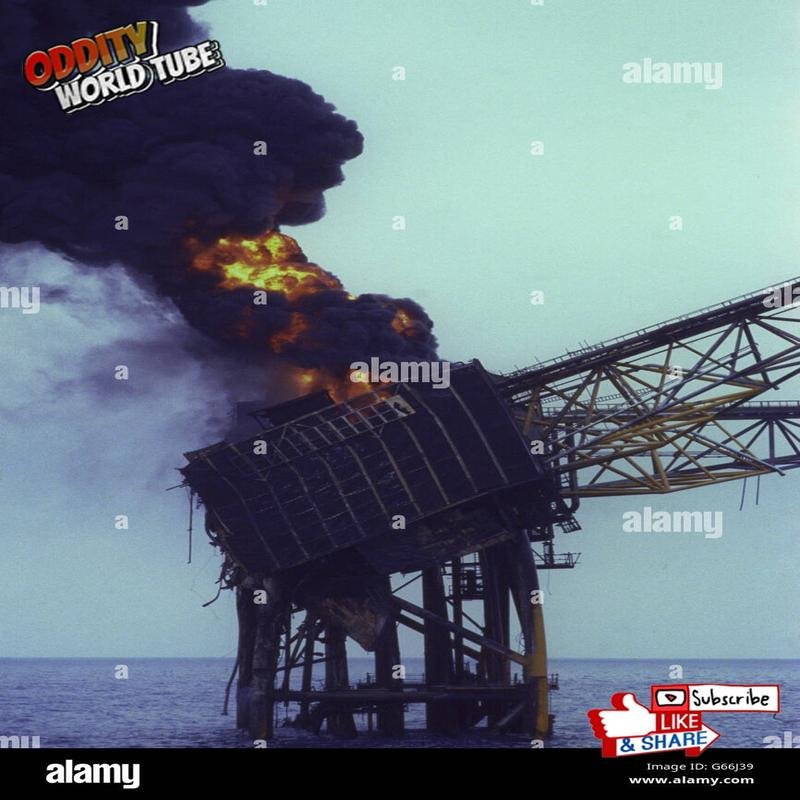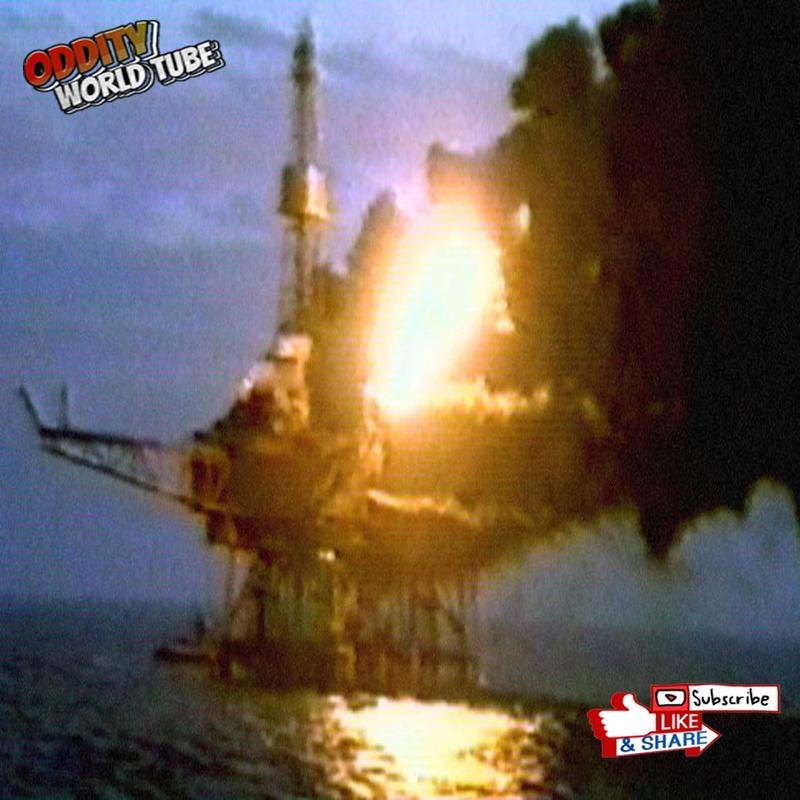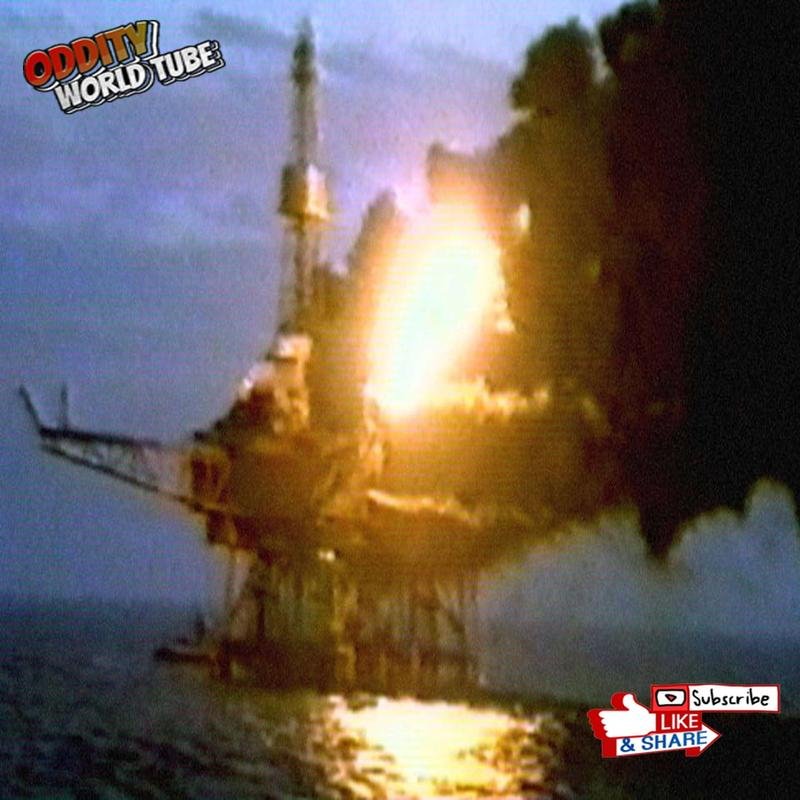The Piper Alpha Disaster: Uncovering the Secrets of a Devastating Oil Rig Explosion

Piper Alpha Disaster: 167 Lives Lost, Lessons Learned
The Piper Alpha oil platform experienced a catastrophic explosion in the North Sea on July 6, 1988, resulting in the tragic loss of 167 lives. This event remains a significant and regrettable incident in the history of the oil and gas industry, underscoring the paramount importance of robust safety protocols and preventative measures.
Causes of the Disaster
The explosion stemmed from a sequence of human errors and technical failures, specifically the removal and inadequate replacement of safety valves during maintenance operations, leading to a dangerous accumulation of gas and subsequent detonation, triggering a chain reaction of…
Consequences and Aftermath
The Piper Alpha disaster resulted in significant loss of life and had a profound impact on the offshore oil and gas industry. Investigations highlighted critical issues concerning oil rig safety and the role of human error.
Safety Improvements
The incident spurred major reforms in offshore oil and gas industry safety regulations, leading to significant improvements in safety protocols and preventative measures.


Conclusion
The Piper Alpha disaster serves as a stark reminder of the inherent risks in the offshore oil and gas industry and the critical need for continuous improvement in safety standards and practices.






